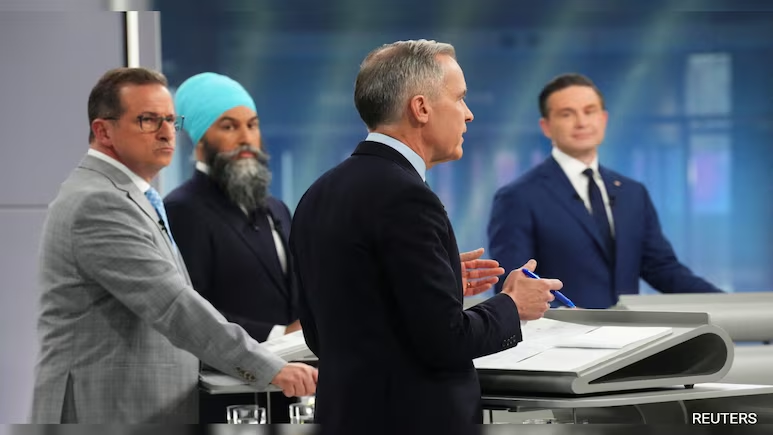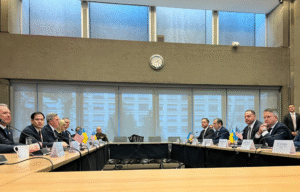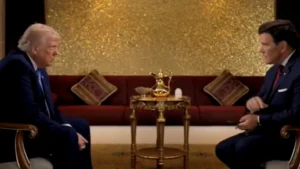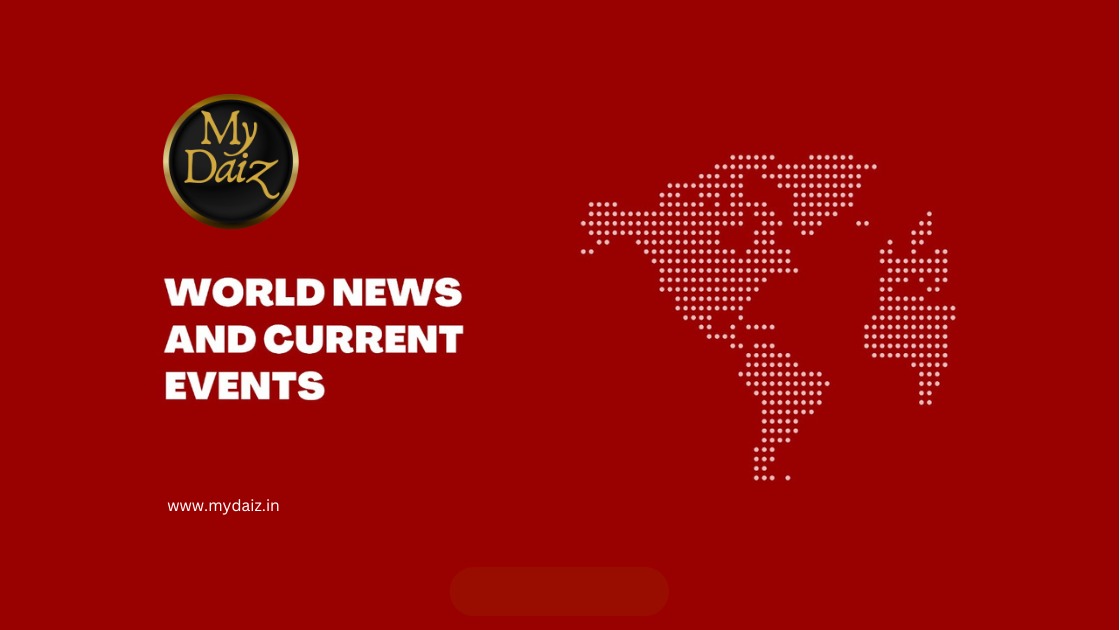As Canada heads toward its federal election on April 28, 2025, one unexpected figure has taken center stage in the national conversation—U.S. President Donald Trump. His rhetoric, policies, and very presence have become a defining issue on the campaign trail, shaping how Canadian leaders position themselves on everything from trade to sovereignty. The four leading contenders for the prime minister’s seat—Mark Carney, Pierre Poilievre, Jagmeet Singh, and Yves-François Blanchet—have each drawn distinct lines in the sand when it comes to Trump, using him as both a contrast and a campaign tool.
Mark Carney, interim Prime Minister and leader of the Liberal Party, has gone all in on framing Trump as a looming threat to Canadian stability. Throughout the national leaders’ debate, Carney repeatedly invoked Trump’s name, making it clear that he sees the U.S. President as a major risk. “We can give ourselves far more than Donald Trump can ever take away,” he declared early on, setting a defensive tone. When asked about crisis preparedness, Carney didn’t hold back, remarking that “the worst is that the US actually does want to take us over”—a reference to Trump’s previously floated idea of making Canada the 51st state. Even when opponents, like Poilievre, tried to shift focus to domestic issues, Carney redirected the conversation back to Trump. He tied affordability issues and economic instability directly to Trump’s potential second term, stating, “The biggest risk we have to this economy is Donald Trump.” His closing statement was a rallying cry: “They want our land, our resources, our water, our country. And we’re all going to stand up against Donald Trump. I’m ready.”
In contrast, Pierre Poilievre, leader of the Conservative Party, has taken a more calculated approach. While rejecting direct comparisons to Trump, Poilievre has still adopted a populist tone that resonates with many disillusioned voters. He insists he has “a completely different story from Donald Trump,” a claim partially reinforced by Trump himself, who once stated that Poilievre is not “MAGA enough.” Despite that distancing, Poilievre has drawn support from Trump-adjacent figures like Elon Musk. In policy terms, Poilievre blames the Liberal government for handing the U.S. an upper hand on energy, saying, “Liberals gave Donald Trump and the US a near monopoly over our energy.” His “Canada First” agenda promotes tax cuts and expanding domestic energy production, aiming to strengthen Canada’s economic independence.
Jagmeet Singh, leader of the New Democratic Party, has emerged as Trump’s most vocal critic in this race. Singh has called for Trump to be barred from attending the upcoming G7 Summit in Canada, pointing to Trump’s criminal conviction and what he describes as “threats to global stability.” In a strongly worded statement, Singh asked, “Why would we allow a convicted criminal into our country?” During the debate, Singh underscored his commitment to protecting Canadian identity and values: “I’m asking for your support so that I can continue to fight to defend the things that make us Canada.” He has also slammed Trump’s economic nationalism, especially auto tariffs, which he argues are harming Canadian jobs. “Trump’s trade war is driving up costs for families while threatening thousands of good-paying jobs,” Singh said, pledging to defend Canadian workers and middle-class families.
Meanwhile, Yves-François Blanchet, leader of the Bloc Québécois, has focused his critique through a Quebec-first lens. He has taken issue with the U.S. administration’s labeling of Quebec’s Bill 96—a law aimed at promoting French language use—as a “foreign trade barrier.” Blanchet has used this as ammunition to highlight the need to protect Quebec’s cultural and legislative autonomy from external influences, particularly those coming from a Trump-led U.S. He argues that the federal government must do more to defend Quebec’s right to self-determination in the face of foreign political interference.
Each candidate’s stance on Donald Trump reveals much about their broader political platforms and strategic priorities. For Carney, Trump represents a geopolitical threat requiring steady leadership. For Poilievre, he’s a reminder of what not to become—even as his policies flirt with nationalist sentiment. Singh paints Trump as an ethical and economic danger to Canadian values, while Blanchet sees him as yet another force trying to meddle with Quebec’s affairs. One thing is clear: Trump may not be on the Canadian ballot—but he’s definitely in the Canadian debate.







